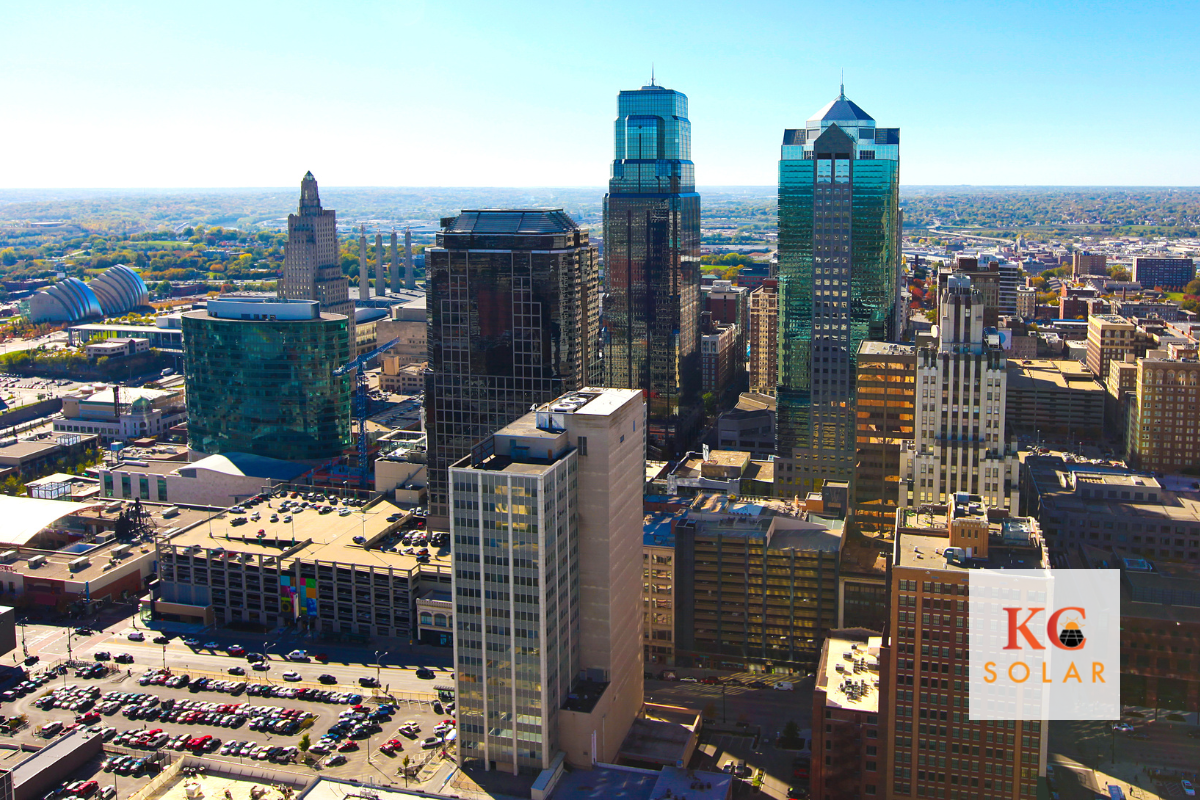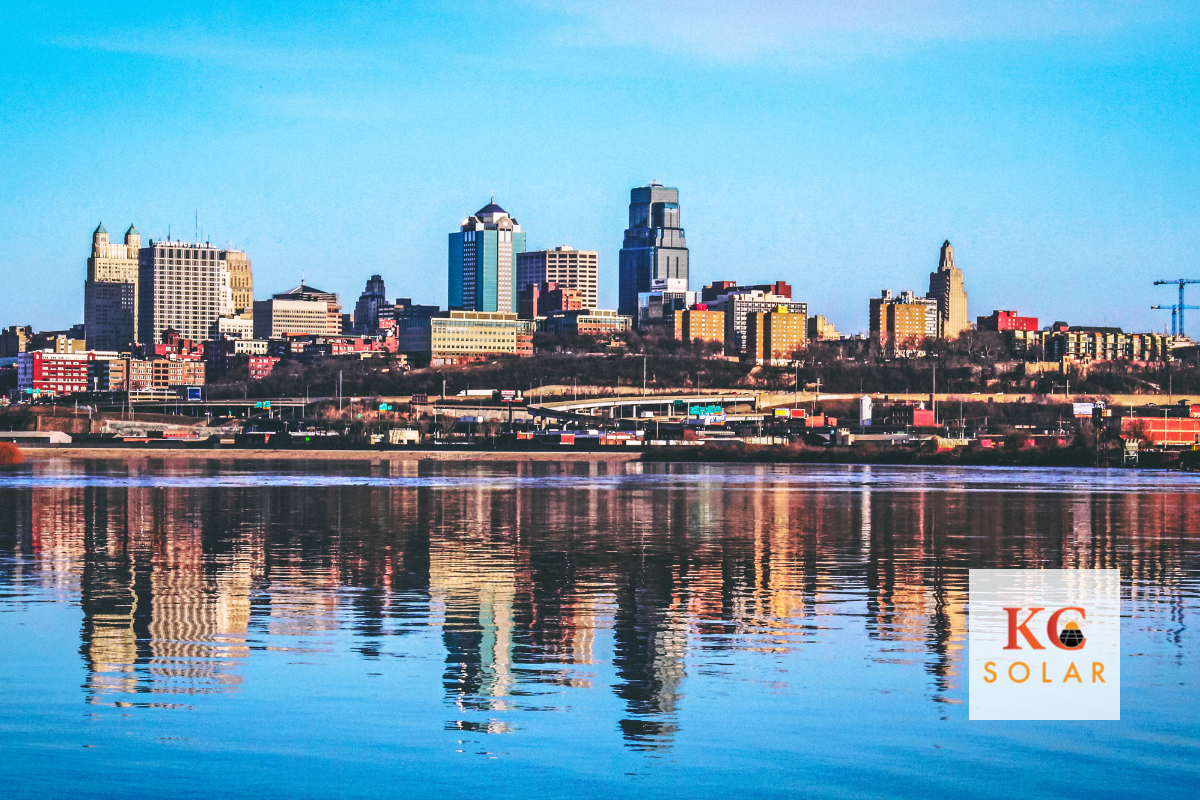Now that we’re a few weeks into 2024, the excitement — and stress — of the holidays has worn off. Our jobs are back in the swing of things as we’re all finally “circling back” to things we’d been procrastinating on back in December. And if you made any New Year’s Resolutions, you’re probably at the point now where you’re either going strong… or have given up. But what if you made a New Year’s Resolution for sustainability in 2024?
Going to the gym and drinking less alcohol are two common resolutions, and each requires making daily choices that can feel overwhelming at times. However, a resolution for sustainability is a practice in mindful consumption and more, which may lead to more success throughout the year.
If you’re thinking about making green choices in 2024, here are four ideas for living a more sustainable lifestyle.
1. Cut Down on Plastic Use
In a world overflowing with convenience and disposable products, the environmental impact of single-use plastics has become an alarming concern. And single-use plastic is everywhere around us — from plastic water bottles, to plastic grocery bags, to plastic packaging on our products. These items significantly contribute to pollution while harming ecosystems and the environment.
The good news is that it isn’t difficult to switch to reusable or plastic-free products. For example, instead of plastic water bottles, go for the viral Stanley Cup (as long as you’re not buying one in every color). Instead of plastic grocery bags, get a few reusable ones and bring them to the grocery store (and just be sure to remember them when you go).
Even products that traditionally come in plastic, such as shampoo and conditioner, can be bought in the form of solid shampoo and conditioner bars, which means they’re entirely plastic-free. Making small changes in these areas can make a big difference, especially if more and more people do it.
2. Say No to Fast Fashion
Fast fashion, characterized by its rapid production cycles, low-cost garments, and disposable trends, has become a dominant force in the global apparel industry. While it offers affordability and on-trend styles, its negative aspects are increasingly evident.
The environmental toll of fast fashion is immense. The industry is notorious for its resource-intensive production processes, excessive water consumption, and chemical usage. The rapid turnover of trends contributes to an enormous amount of textile waste, much of which ends up in landfills. Additionally, the fast fashion industry often relies on cheap labor in developing countries, where workers endure substandard conditions and meager wages.
This year, instead of spending your hard-earned dollars on flimsy fast-fashion items that you’ll inevitably need to replace sooner rather than later, consider investing in high-quality pieces that you’ll have for years to come. Sustainable alternatives, such as slow fashion and ethical brands, prioritize eco-friendly materials, responsible production practices, and longevity, thus minimizing their environmental footprint.
And if you don’t have more to spend on better items right now, consider buying second-hand clothing, either online or at a second-hand store near you.
3. Consider Walking, Public Transportation, or Carpooling
If you have a job that requires you to go into the office, there’s a good chance that you drive your car to get there, at least most of the time. But cars, particularly those powered by fossil fuels, contribute significantly to air pollution and greenhouse gas emissions. By choosing to walk, take public transportation, or carpool, you can help decrease your carbon footprint, mitigating the harmful effects of climate change.
On top of that, embracing walking and public transportation also leads to improved air quality. Vehicles emit pollutants that can have detrimental effects on respiratory health and overall well-being. By opting for alternative modes of transportation, individuals contribute to cleaner air, creating a healthier living environment for themselves and their communities.
And if you live in a city with public transportation, taking advantage of it — and as a result, supporting it — encourages cities to invest in sustainable urban planning. Efficient and accessible public transit systems promote the development of pedestrian-friendly spaces, bike lanes, and green infrastructure. This shift in city planning fosters a more sustainable and interconnected community.
4. Install Solar Panels on Your Home
When it comes to generating electricity, there are two main types of energy sources: renewable energy and non-renewable energy. Non-renewable sources of energy, such as natural gas and coal, release harmful chemical emissions and pollute our environment. According to the U.S. Energy Information Administration, non-renewable energy generated 83% of electricity in the United States last year.
Solar power, on the other hand, is a renewable source of energy. In fact, the amount of energy the Earth receives from the sun in one hour is more than the whole world consumes in one year. The potential for solar energy is endless –putting solar panels on just 0.6% of the United States’ total land area could create enough electricity to power the entire country.
If you’re looking for an eco-friendly energy source to power your sustainable lifestyle, a home solar power system could be the right decision for you.
KC Solar Is Your Partner in Sustainability
If you are looking for a Kansas City solar panel installation company, look no further than KC Solar. They are your local Missouri and Kansas solar panel installation experts. Once you schedule a no-pressure site visit, our experts will help you understand what solar system specifications would be best for your home or business.
KC Solar is a local company made up of KC natives with KC pride — in our city, and in our work. Which means we’ll always give you the best of ourselves.
And be sure to download our Free Solar Panel Buying Guide for more information.
We look forward to serving you!






